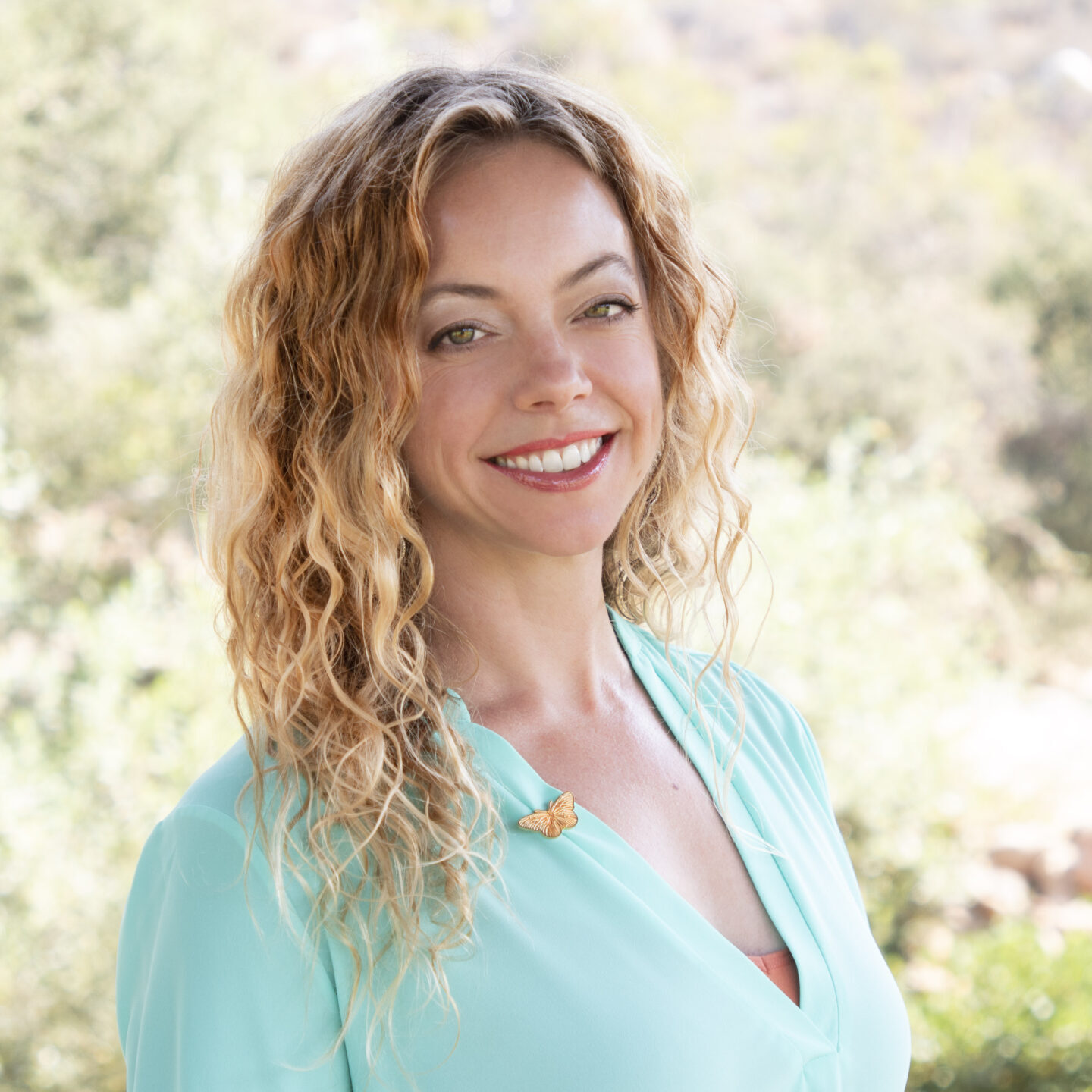
A note from our Executive Director
I am continuously amazed by the amount of work the teams are able to accomplish in one year. We continue to break our stove-building record and grow our team in Mexico. The carbon credits created from building 2,635 stoves will yield over $500k back to the program, amplifying our impact to previously unimaginable magnitudes. The Aquaponics Innovation Center, now equipped with three large-scale systems, is pumping out thousands of lbs of fresh produce to our neighbors in need. With the Modular Aquaponics Response Kit (M.A.R.K.) proven successful, we can’t wait to tell you where the next system will make its “MARK;” we will finally empower communities from within with aquaponics. Despite ongoing economic challenges, our community continues to show up. You are building resilient communities. You are making a mark on the world. Thank you.
Anne Middleton

In the U.S.
3.7k
LBS food donated
208
ECO-Cycles Distributed
$317k
Over $317,000 Raised at our annual gala
3.3k
School Children Impacted
In Mexico
11.8k
Total Lives Impacted
2.6k
Stoves Built
197k
Trees Saved
39k+
Tons of CO2 reduced
5
Jobs created
Community-Based Conservation >
More stoves less carbon
ECOLIFE’s clean cookstove program has the official designation of a Certified Gold Standard Project, globally recognized as the leader in the certification of carbon reduction projects for the Voluntary Market. “Gold Standard Certified” implies the most rigorous review of verified emission reductions (VER) or carbon credits. It only registers projects’ proven reductions of greenhouse gas emissions that contribute to sustainable environmental, economic, and humanitarian development of the country. Gold Standard’s extensive methodology and certification process provide transparency to ensure our impacts on health, climate, and sustainable development are real and verifiable. ECOLIFE’s Patsari Improved Cookstove program, GS7783, now generates and sells Voluntary Emission Reductions (VER’s). An elevated maintenance program was established and funds were raised for an additional truck to increase the Mexico stove production.

Modual aquaponics response kit
This year we ran our new decoupled aquaponic system for its first year. We bred and raised hundreds of pounds of tilapia in the new breeding system. We also built a new fully solar aquaponic system and ran it for 5 months. Some 2022 highlights include watching tiny tilapia grow, managing the new decoupled system, surviving the heat in the summer when building the Module Aquaponics Response Kit (M.A.R.K), and finally moving fish into the M.A.R.K. At our Aquaponics Innovation Center we doubled our grow space in 2021 and in 2022 we tripled it. This was a very productive and fun year.
AIC Produce donations to our distribution partners: Interfaith, Salvation Army Escondido, Produce for Patriots
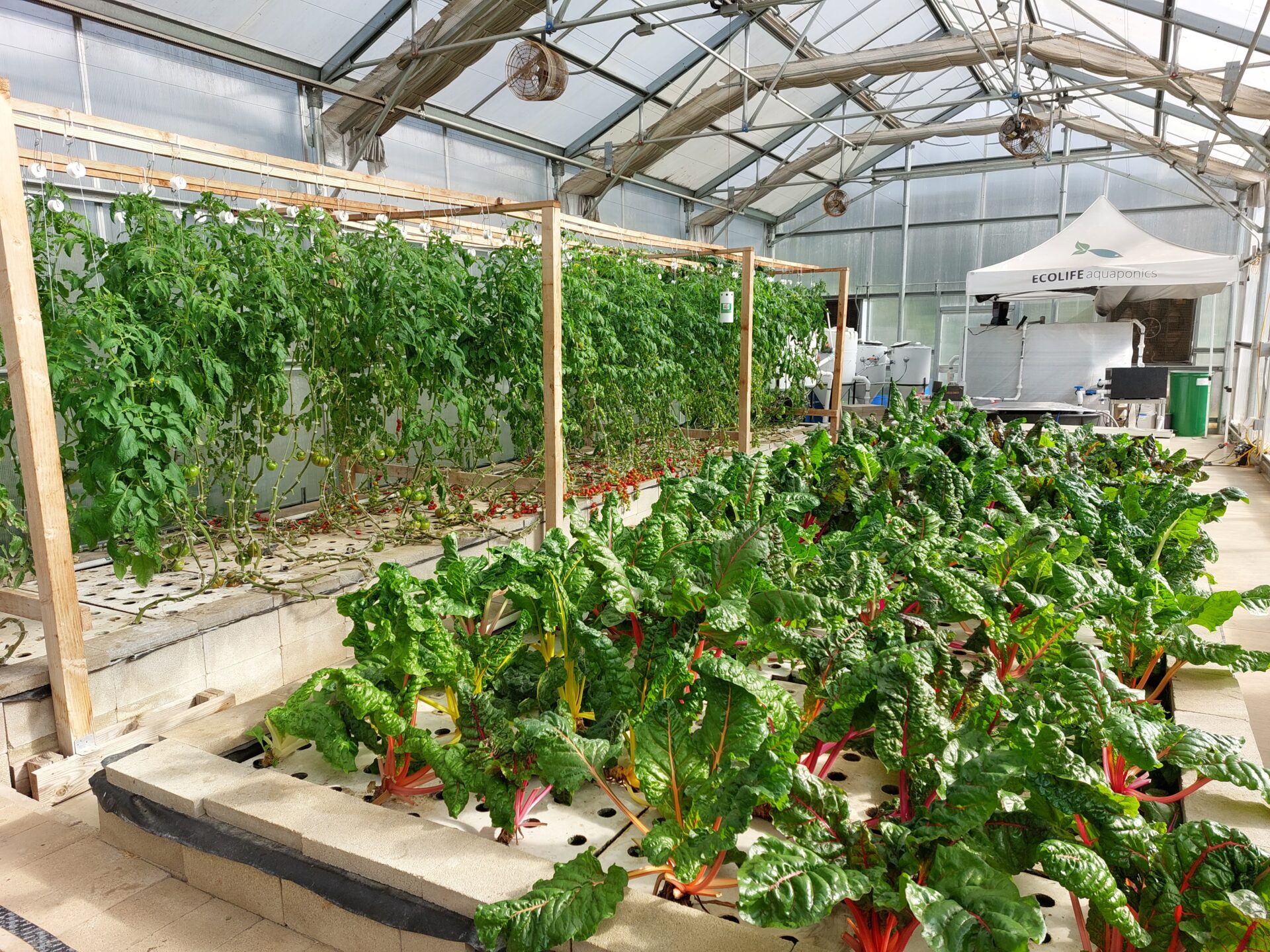
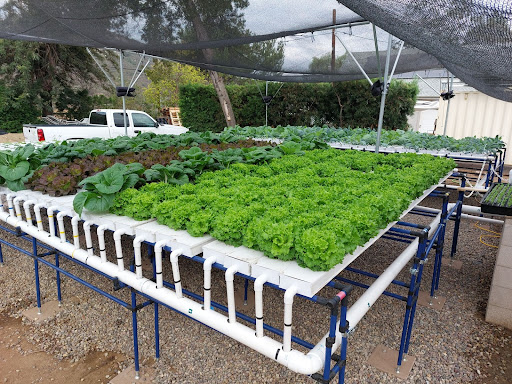
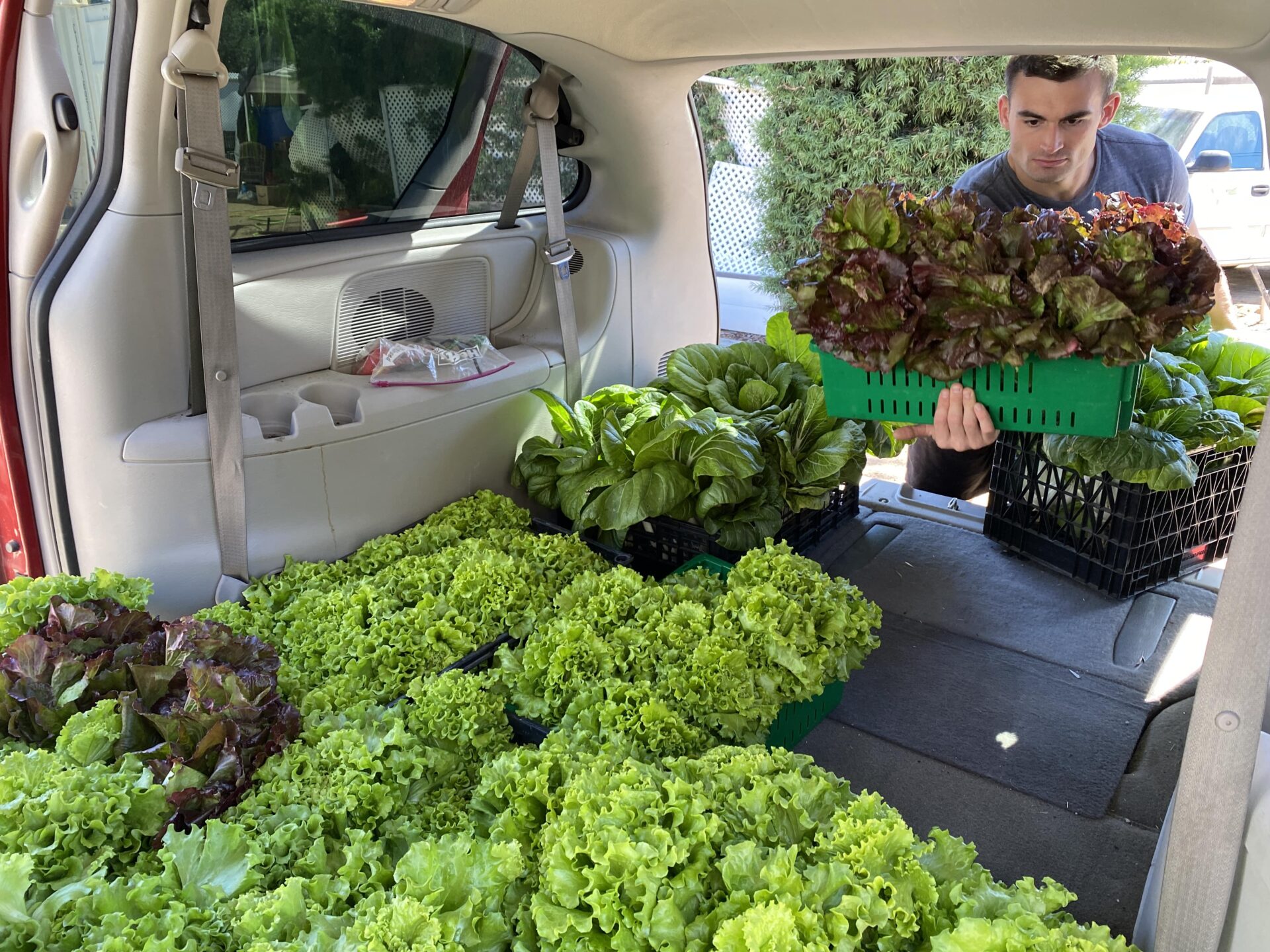

Fundraising: $369,758.40 | Overhead: $143,693.61 | Programs: $1,237,579.86
Total Expenses: $1,751,031.87 | Total Revenue: $1,460,144.58
Grants received in 2022
AARP: $50,000
Benassi Family Foundation: $500
Carlsbad Education Foundation: $1,716.15
Escondido Community Foundation: $25,000
Lisa Wendel Memorial Foundation: $5,000
San Diego Foundation: $75,000
Westreich Finaly Foundation: $10,000
Our Sponsors
Corporations & Organizations
- AARP
- Alila Marea Beach Resort.
- Apt 4 Music CA Center for the Arts Escondido
- Calsense
- Children’s Discovery Museum
- EMPAC
- Escondido Sunrise Rotary
- Fairmont Grand Del Mar
- Farm Fresh to You
- La Monarca Bakery & Cafe
- MC2
- Morgan Stanley
- Musick Davison, LLP
- Popsockets Schoolfield Properties
- SDGE
- Shades of Green Organizing
- Spotlight Energy
- Stone Brewing Co.
- Sun Bum
- TAYLORMADE Golf Company
- Taylor Guitars
- Torrey Pines Law Group
- Trader Joe’s
- USS Midway
- Wollman Wealth Designs
- Wyvern Guild
Foundations
- Escondido Community Foundation
- Orndorff Family Foundation
- Rancho Santa Fe Garden Club
- San Diego Foundation
- SDGE
Our Board of Directors
- Juan Carlos Jaimes Arteaga
- Paul Bernstein
- Ricardo Cervantes
- Jesse Eisner
- Erin Grey
- Taylor Holland
- Eleanor Musick
- Joseph Orndorff
- Jaime Gabriel Paramo Ramirez
- Steve Shultz
- William Toone, Founder
Our Staff
U.S. Team
- Madison Cranford, Sustainable Agriculture Program Support Specialist
- Chris Goering, Operations Manager
- Connor Leone, Director, Sustainable Agriculture Program
- Andrew Lopez, Executive Administrative Assistant
- Anne Middleton, Executive Director
- Martin Niwinski, Aquaponics Engineer
Mexico Team
- Andrés Alonso Ayala, Audio Visual Creator
- Victoria Alvarez, Human Resource Coordinator
- María Castañeda, Communications Manager
- Adrián Catana, Construction Manager
- Francisco “Paco” Catana, Construction Coordinator
- Bárbara Escobedo, Education Manager
- Yolotzin “Yolo” Martínez, Monitoring Coordinator
- Tziraat Molina, Head of Project Development
- Karen Mondragón, Promotion Coordinator
- Brenda Pineda, Program Manager
- Eduardo “Lalo” Ramírez, Operations Director
- Maria De La Luz Valencia Sanchez, Promotion Manager
- Sophia Tena, Graphic Designer
- Ailee Valdez, Education Assistant
Uganda Team
- Simon Kwikiriza, Uganda Program Coordinator
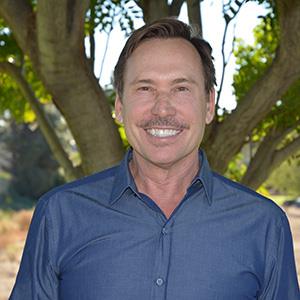
Volunteer spotlight: rick capitanio
Throughout Rick’s life he has passionately committed to causes to make a difference to causes that are important to him. Rick believes in the mission of ECOLIFE to make a difference in the world by creating a sustainable, working balance between nature and human populations that live within those ecosystems. Conservation does not have to mean relocating man in order to preserve nature, but to educate and create solutions on how man and nature can live together in some form of symbiotic relationship where both benefit.
After recently retiring from Calsense where he dedicated 33 years of helping government agencies conserve water using smart water management technology for landscape irrigation he has a clear understanding of the value of conserving our planets’ most precious resource, water. This is why he volunteers at ECOLIFE’S aquaponics farm in Escondido. It uses 90% less water than traditional agriculture in a soilless medium where different crops are cultivated and then distributed to various organizations. In addition, this occurs with the cultivation of Tilapia where the fish excrement, filtered and processed is the source of nutrients for the plants. This type of farming can be done anywhere. His time volunteering in sustainable agriculture has brought Rick full circle. While in the Peace Corp he helped farmers and Shaur Indians cultivate Tilapia in the Amazon jungle for greater intake of protein for their diets, crucial for fighting off ailments and disease. Creating ways to have man live in balance with nature and the environment in a sustainable way, and to find ways that work better in solving the world’s food supply issues is why he continues to support ECOLIFE and its mission.